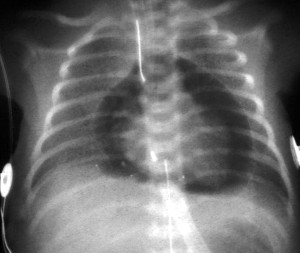
I’m gonna give you a little insight into my first experiences in nursing as a student. Some of it is funny, some of it is sad and some of it it plain ole’ X rated haha! I’m mainly writing this because when I first switched my major to nursing I tried to do a lot of research into what it really is like to be a nursing student: what’s difficult? What’s the best bit? Worst bit? Etc. I worked with a girl who was currently in an AS nursing program, but she wasn’t much help to be honest (I realized when I became a nursing student, that no-one really understands what a nursing student is going through except a nursing student, so she flat out didn’t even try to scare me with the deets).
So let me begin by hoping that my insight through this blog can help everyone, but particularly those nursing students or pre-nursing students who have NO medical background at all – I was one of you. (Yes you smarty-pants CNA‘s you already know all about it, this isn’t for you guys lol!). My pharmacology prior to nursing school consisted of Tylenol and Motrin. I had been to the ER three times as a child, but never for anything major, the usual kid stuff: sprained ankle, needing eye wash and I trapped my fingers in a car door – yes that sounds stupid now, I know. I honestly knew zero about nursing. No family members had even finished college, let a lone entered a medical profession. I really had no idea what I was getting myself into.
The biggest shock hit me on the first day of clinicals, those of you already in clinicals can probably guess what I’m going to say.
The biggest shock was – NAKEDNESS!
Seriously, I was bombarded with saggy boobs and more abdominal rolls than I even thought anatomically possible. As someone who enjoys my personal space and certainly maintains other peoples, I found myself really uncomfortable touching all these body parts and all that skin. The best part was that most of the old people didn’t care at all! Old men would ask me to put their penis in the urinal and I had to be OK with it, they couldn’t do it for themselves. Many of my first patients were stroke patients, and by being thrown into mostly total-care situations, I learned very quickly to be comfortable in other people’s personal bubbles, but still being sensitive that I was touching someone. I tried to use empathy in every situation, and somehow the nakedness began to blur into the busy day and eventually I didn’t notice it at all.
When patients come into the hospital, many of them are not prepared for the amount of “touching” that is necessary to fulfill nursing care. It is so important to ask permission to touch someone and ensure they are comfortable with you assisting them in personal tasks. For the majority of my patients it was not their first rodeo and they quite enjoyed the help, but for those who are admitted for the first time or have cultural differences, this can be a big shock therefore, as nurses we need to show sensitivity and cultural competence in these situations.
For those of you which are pre-nursing – Congratulations, if nursing really is for you, it will be the most patience testing, trying, exhausting and fulfilling thing you ever do in life. For those of you that are in it for the money? I’ll be generous and give you a year at it. If it’s not for you then don’t waste your time, you have to have a genuine desire to qualify. Period. Just wait until your first anal suppository! *High five!
So embrace the nakedness! Let’s face it, we’re all naked under our clothes anyway! 🙂
 Top 10 highest paying nursing specialties (via http://scrubsmag.com/)
Top 10 highest paying nursing specialties (via http://scrubsmag.com/)






